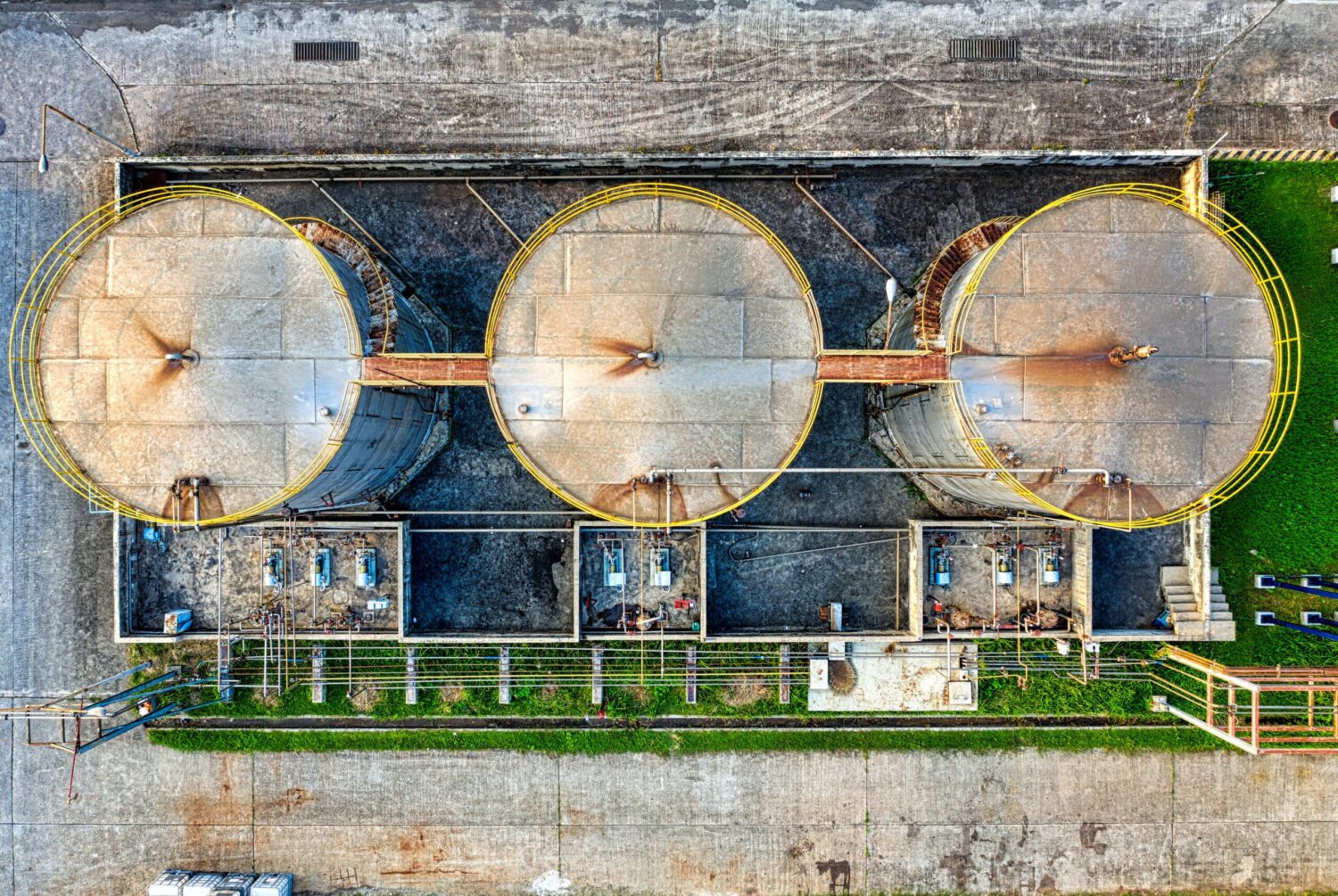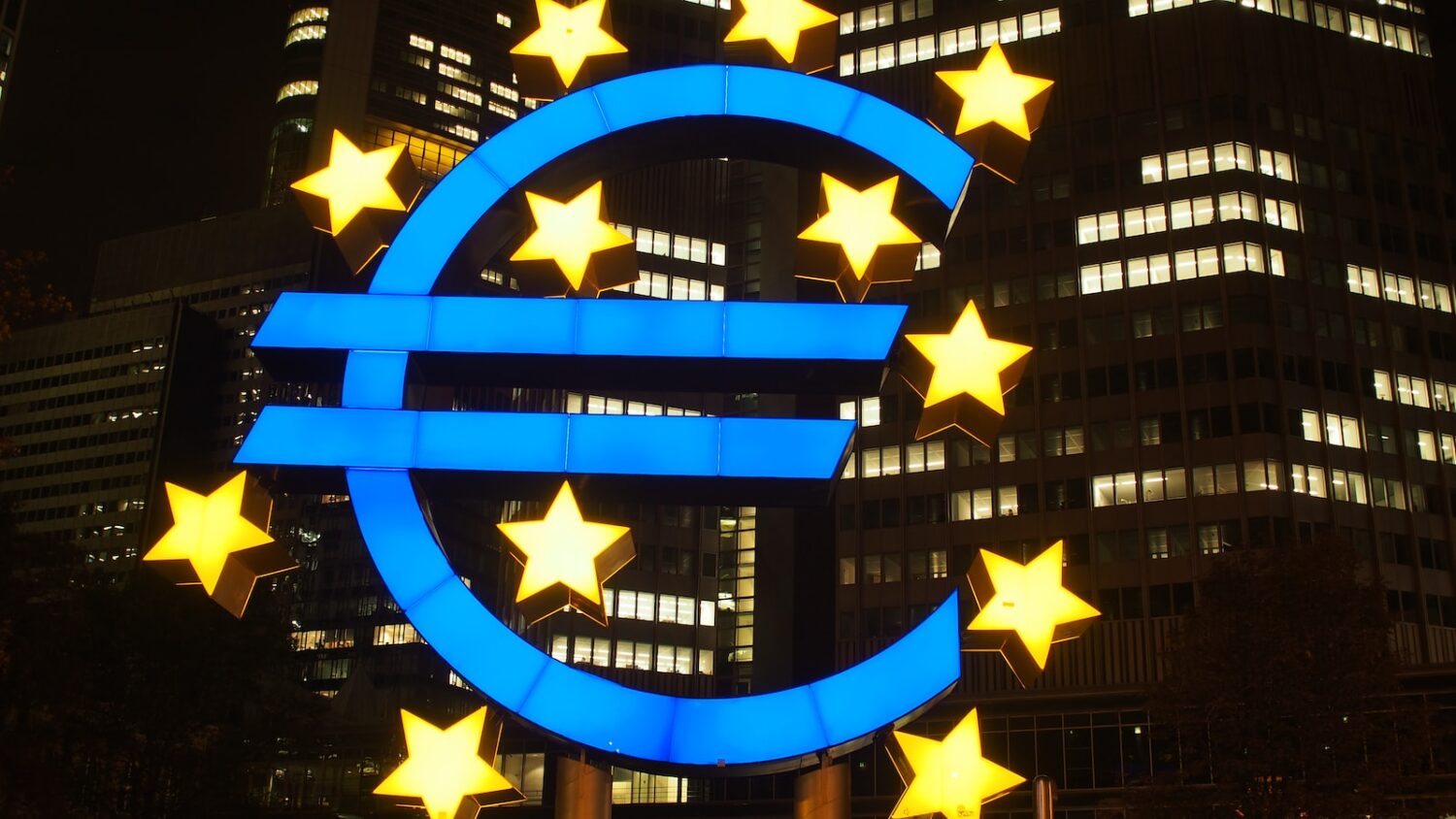Gender violence, against women, domestic or family violence, let’s call it whatever we want, always has a common victim who far exceeds the percentages compared to other genders: women.
Rare is the day when the terrifying fact of the murder, rape or brutal assault of a woman at the hands of her partner or ex-partner is not part of the daily news.
But as with all events that become repetitive, they become less and less unnerving as they become routine. That is very dangerous, especially when it comes to trying to put an end to this big problem.
In political quarrels, this issue has become one of their most intense throwing tools, to define the ideology of the opponent, without realizing that ultimately only a matter of semantics differentiates them. The issue of domestic or gender violence has been so politicized that unfortunately, the female figure or the pain of women has been left aside, as shown in some failed laws (case of the Yes is Yes in Spain), where they tend to benefit the aggressors, instead of the victims. Likewise, except for specific campaigns, when you talk to women victims of this violence, you observe the lack of real resources to help them. These women get lost in the system and are forgotten in the tangle of “good statistics” that confuse society year after year, without really removing or protecting them from their abusers.
But it is not like that: the abuser is a being who is not going to stop to read a pamphlet, or watch the news, or observe data about violence and its causes. He is a being who lives obsessed with a woman over whom he believes he has control, including the right to decide on his life or her death. The famous slogan of “If it’s not mine, it’s nobody’s”, surpasses their understanding, turning the act of aggression into an anomalous act, but always brutal.
Nations that oppress women
But let’s not focus only on the aberrant data that exists on crimes against women in Spain. And let’s make a summary about nations where women do not have all the fundamental rights that the United Nations charter grants them. Taking into account also that the figures provided are not one hundred percent reliable, since the police forces themselves, or the government entities, are not reliable in their statistics.
Taking a tour of the world, we find a list of twenty countries that generally ignore the pain perpetrated on women for the simple fact of being women.
1. India
Although the Constitution of this country prohibits the social system of “castes”, and that it also says that all people have the same rights or obligations, these statements are not true in real life.
Indian women appear at the top of the ranking when we talk about gender violence. Some of the atrocities that a woman in this country suffers include permanent physical violence, exploitation or slavery, as well as genital mutilation, forced domestic work or marriages arranged since childhood. That, furthermore, the latter violates the charter of children’s rights.
There is talk of a hundred sexual assaults daily committed in public environments, let’s imagine in a more private environment. But the hardest thing is that few sentences punish the men who commit these crimes, since it is still thought that women are relegated to a position of inferiority. And she therefore submitted to man. India is undoubtedly a patriarchal sexist society.
2. Syria
If the issue of violence against women has always been one of the serious problems in this country, with the arrival of war, the situation for women has worsened considerably, increasing sexual exploitation and slavery.
3. Afghanistan
The lack of freedom for Afghan women makes them an easy target to make them victims of violence, both physical and psychological, in addition to the constant sexual aberrations to which they are subjected. Furthermore, the Taliban government itself denies them access to culture or the most basic training. It is estimated that around 9/10 women have suffered or will suffer some type of abuse at the hands of a man throughout their lives.
4. Somalia
Somalia is another country where violence against women is common. In which we find practices as abject as the excision of the clitoris or despicable honor crimes. Many women die or see their lives or freedom severely limited because of these practices.
Rape is also common, even as a weapon of war to terrorize the citizens of a certain village or region. Women’s legal rights are minimal, although in the Somaliland part there are regulations that reduce sexual discrimination, although the constant violation of human rights is a common practice.
5. Democratic Republic of the Congo
The Democratic Republic of the Congo is one of the countries where there is the highest level of sexual violence against women. Rape being a tool of war to instill terror. And domestic violence, both physical and mental, is common in everyday life.
6. Saudi Arabia
This is a curious country, because even though it wants a more international opening, and wishes to obtain, through its multimillion-dollar investments, an acceptance that it is very far from obtaining, it is still very repressive as far as women’s rights are concerned. There are no laws that defend this group, and for almost everything, the male’s permission is needed. The National Human Rights Association concluded that around 93% of women in this country had suffered some type of aggression by their partner.
7. Yemen
The poor consideration of the figure of women in this country makes Yemen one of the places where gender violence is so common that not even the legislation itself offers any protection against the abusive practices suffered by women.
8. Nigeria
Another African country that is among those that endure the highest levels of gender violence, especially at a sexual level, is Nigeria. In addition to this type of violence, women also suffer discrimination and difficulties when obtaining basic services, even from adolescence.
9. Pakistan
In Pakistan the situation of women is also one of the most complicated in the world. There is a high level of abuse of all kinds that usually ends in death (tolerated murders) or mutilations and malformations, such as those caused by throwing acid at the face, a very common practice that immerses women in violence of its own. life, which will most likely end with her in a brothel or with self-inflicted death. Around 95% of women in Pakistan suffer abuse.
10. Uganda
In this country, some studies have observed the presence of gender and sexual violence, both against adult women and also against girls who have some type of disability. Thus, 24% of these girls affirm that they have suffered some type of abuse. A topic as atrocious as it is little researched.
11. Honduras
This South American country is considered by the UN as one of the countries without a present war, where the most femicides occur in the world. The figure being considered is 14.6 per 100,000 inhabitants. That is, if we take it, for example, to Spain, which has a population of approximately 45 million people, we would be talking about 6,570 murders of women per year.
12. Central African Republic
In this country, the insecurity caused by recent wars has generated an increase in the possibility of suffering some type of violence, including sexual violence. Furthermore, most medical centers do not have the capacity to treat the victims of this scourge, lacking both medical-health and psychological resources.
13. Argentina
It is one of the countries in South America that suffers from a higher rate of gender violence. The data available from this country is usually not entirely reliable, given that it is not easy to record all attacks. There is talk of a large number of murders of women for this reason. And although there is legislation that attempts to protect women, authorities face a very conservative view of gender roles.
14. Iraq
Iraq is another of the countries where women’s rights are constantly violated and where there is great permissiveness for the practice of gender violence, whether domestic or social. This leads us to levels of physical, psychological and sexual violence that are as high as they are intolerable, especially after the relatively recent war conflicts.
15. Mexico
Mexico is undoubtedly a country where the numbers of murders of women make us tremble. There is talk of more than 23,000 cases of murdered women in the last 10 years. Violence against women in the domestic environment is very internalized. Furthermore, there is a belief that socially it is not seen as a problem. An unfortunate culture of the macho man seems to be widespread.
16. Venezuela
According to official data, but taking into account that the figures are usually “made up”, it is said that almost 40% of women have suffered abuse in different areas: domestic, work and social. Nearly 200 murders were recorded in 2020 alone. But the most curious thing about the case is that there is no one convicted for this cause.
17. Guatemala
The United Nations Organization and its organization Mujeres y Care in Guatemala, indicated that in 2021, 69% of the women surveyed to obtain objective data on violence against women in that country, stated that they had suffered psychological violence, 55 % of them, also physical and 45% of the total economic violence. If we take these figures into account in a country where poverty is endemic, we could make a statistical extrapolation until we obtain results that would greatly exceed what the UN said.
18. Denmark
But you don’t have to leave Europe to find truly surprising data. In Denmark, a cultured and economically well-positioned country in the world ranking, there is a level of abuse and gender violence close to 48%. The female population claims to have suffered some type of violence, mainly in a family context, but also in the workplace.
19. Finland
Although it is a country that stands out in a large number of facets, including educational practices; The truth is that Finland is another of the European countries that shows a higher rate of gender violence. 47% of women claimed to have suffered some type of violence due to their sex. Curiously, it is also one of the countries that spends the most on developing protection policies and one of the least sexist. Which is positive, especially because he is clear that it is a scourge to eliminate and he will surely achieve it in the not too distant future.
20. United States
Although it is considered the most advanced country in the world, it is still on this list. The data show very high figures in terms of violence against women. Thus, according to a study carried out in 2021, an average of more than five women or girls were murdered every hour by someone in their own family. Of the 81,000 women and girls intentionally murdered that year, 45,000 (56%) died at the hands of their partners or other family members.
The data from some of these countries is terrifying and, divided by areas of influence, sheds light on the atrocious reality of women in the world. The analysis of the causes that cause all this exceeds the space of this report, but without a doubt these causes are not the same in all of them, but the concept “violence of men against women” underlies in a terrible way, whether this is cultural, religious or power issues.














